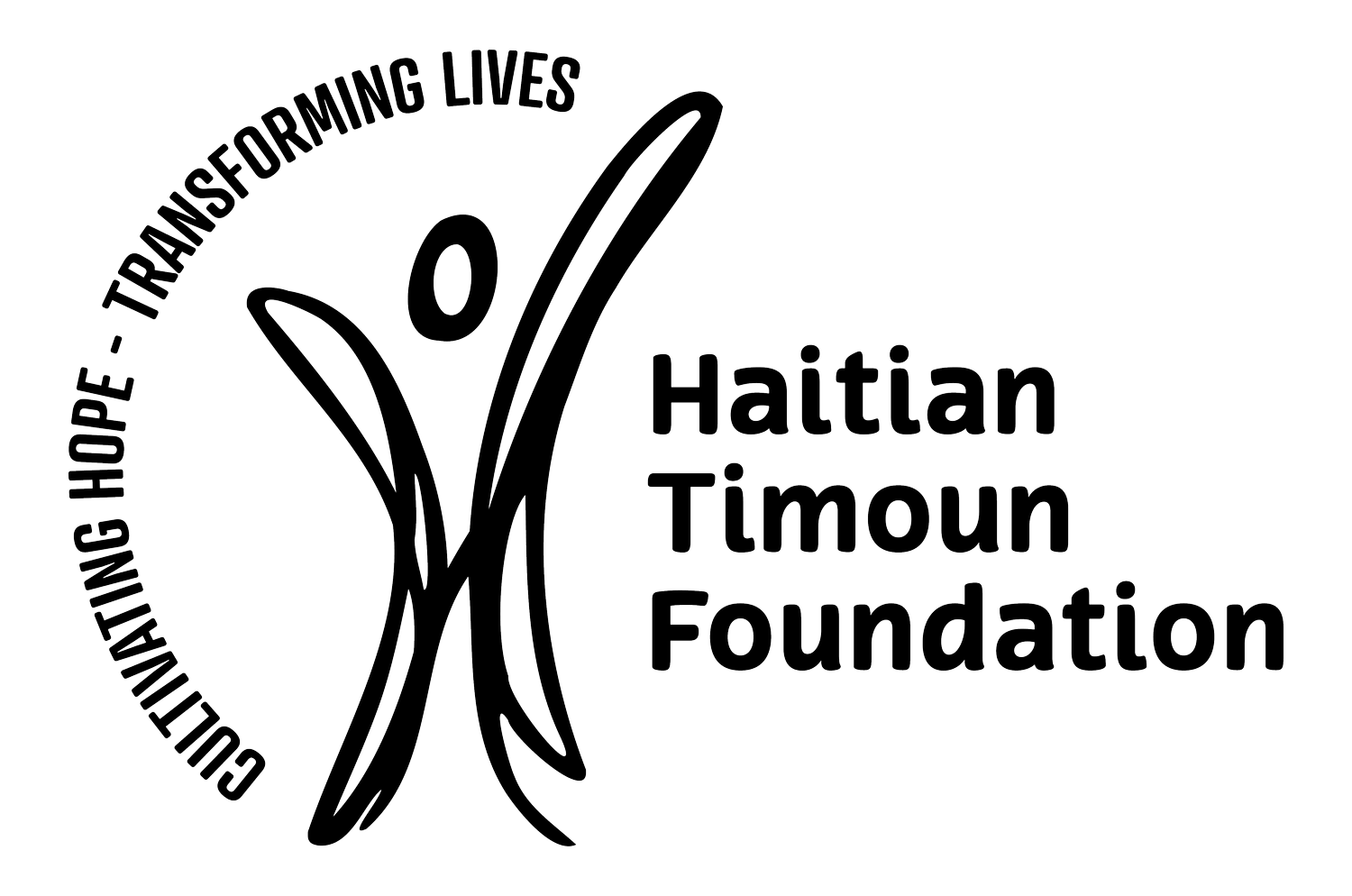Micah Wullschleger arrived in Haiti in May with a group from the Lutheran Center at the University of Nebraska at Lincoln and will remain in Haiti until mid-July. During his time in Haiti so far Micah has been working with the children, young adults, and associates of Tetkole in Jacmel and assisting with the preparations for HTF’s 3rd annual summer camp, Fet Bondye Bo Lanme. Micah is an upcoming senior at UNL studying English Literature and Anthropology. Below are some reflections from his experience thus far.
“Whenever the name of Haiti is mentioned in the international media, it is immediately followed by what seems to be a title, a last name or a claim to fame: The poorest country in the western hemisphere. It is the only country whose name is associated with poverty. There must be a poorest country in Africa, Asia, or Europe, but they have never been mentioned. Although there are about two dozen countries poorer than Haiti, she has become, by default, the poverty champion of the world.”
-Haitian Poet and Historian, Jean-Claude Martineau
I will sheepishly admit that the only thing I knew about Haiti before the January 2010 earthquake was its aforementioned “last name.” In fact, that is what drew me to the country in the first place. Poverty, not something I have had any first-hand experience with, suffering, and inequality had become interests of mine, and what better place to discover more about those things than in the Poorest Country in the Western Hemisphere?
Looking back to my first trip to Haiti, I remember being surprised when I saw gas stations, car dealerships, restaurants, a grocery and a hardware store all on the first ride from the airport. I must have thought that impoverished people didn’t have such things. I remember being surprised that Haitians had newer music, were more in touch with American pop culture, and dressed better than I did. Poverty was all that I associated Haiti with, and poverty was all I expected to see.
In Haiti, there are poor, middle class, and elite groups of people. There are people going to school and work, people using cellphones and the internet, people watching TV, and flying to other countries to visit family and friends. They have Stone Masonry and Rotary clubs, and people who study Latin. After living here for the past month, I am ashamed that I thought the Haitian people didn’t have or do these things, but I am guessing, if you have only known Haiti by its internationally assigned last name, you weren’t aware of these things either.
People of Nebraska, my home state, should be especially sensitive to oversimplifications such as these. How many times have we shaken our heads in frustration as outsiders have wondered if we even have electricity where we live? If we ride farm animals to school and work? Nebraskans know that a lot more exists there than just agriculture, but preconceived notions are both harmful and difficult to overcome.
The difficult thing to get around is the fact that Haiti is the poorest country in the Western Hemisphere. 80% of people in Haiti live below the poverty line. There is no hiding the fact that poverty exists in Haiti, and I do not want to try to obfuscate the impact that poverty has on individual people as well as the nation as a whole. It is vitally important to know, however, that while poverty impacts people and nations, it does not define who they are.
Going back to Nebraska, I think it’s a safe assumption that 97% of Nebraska’s land is rural. Even my high school, the biggest high school in the state, is surrounded by cornfields on three sides, and this is in the middle of Omaha, the biggest city in the state. It would be very difficult to come to Nebraska and not see cornfields. We cannot deny the impact that agriculture has had and has currently on this state and its people. That does not mean that’s what we wish to define us.
There’s no escaping statistics, there is only realizing that they never tell you the whole story. We must fight the urge to keep our worldview simple, and always strive to go beyond monolithic associations of other people. I came to Haiti to find out more about poverty, but the most important lesson I have learned thus far applies to everyone: The only safe assumption we can make about other people is that their reality is more complicated and intricate than our preconceived notion of them could ever be.


